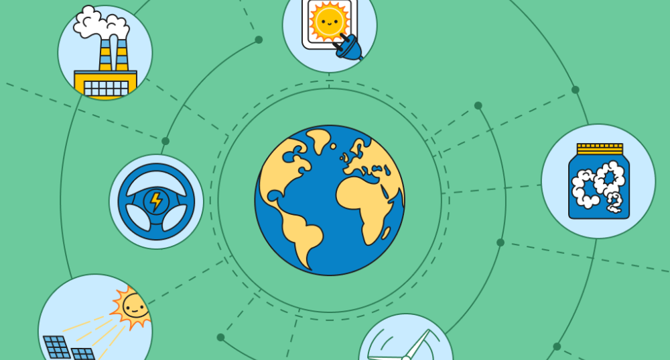TechBullion
1w
233

Image Credit: TechBullion
How Climate Data and AI Are Powering the Next Generation of Cleantech Innovation
- A new wave of cleantech innovation is driven by the synergy between climate data and artificial intelligence, redefining what's possible in sustainability.
- Climate data, collected through various sources, provides crucial insights for developing sustainable technologies and making informed decisions.
- The integration of AI with climate data enables real-time monitoring, predicting environmental risks, and optimizing performance in different sectors such as renewable energy and agriculture.
- AI-driven solutions help in managing fluctuating energy supply, urban planning for emissions reduction, and advising farmers for improved yields and resource conservation.
- The commercial aspect of climate intelligence is gaining importance, with businesses using climate risk models and predictive analytics to navigate a carbon-constrained economy.
- The collaboration between data providers, AI developers, and industry leaders is driving cleantech innovation towards integrated systems with climate awareness at the core.
- AI and climate data empower proactive sustainability efforts by anticipating and preventing future harm, enhancing resilience and responsiveness across industries.
- Predictive sustainability tools are reshaping business strategies, from adjusting energy usage in smart buildings to redesigning infrastructure in anticipation of climate impacts.
- In the fast-evolving landscape of climate tech, AI's role in simulating, testing, and optimizing solutions before deployment accelerates the scaling of sustainable innovations.
- The ethical considerations of using AI in climate-related areas are crucial, highlighting the importance of transparency, fairness, and data integrity for effective climate change mitigation.
Read Full Article
14 Likes
For uninterrupted reading, download the app